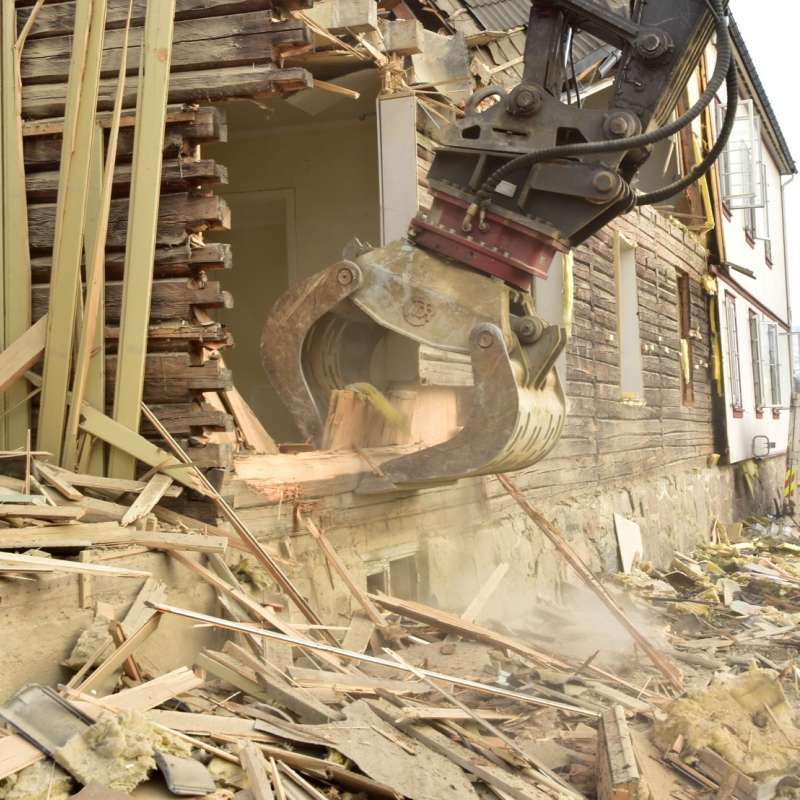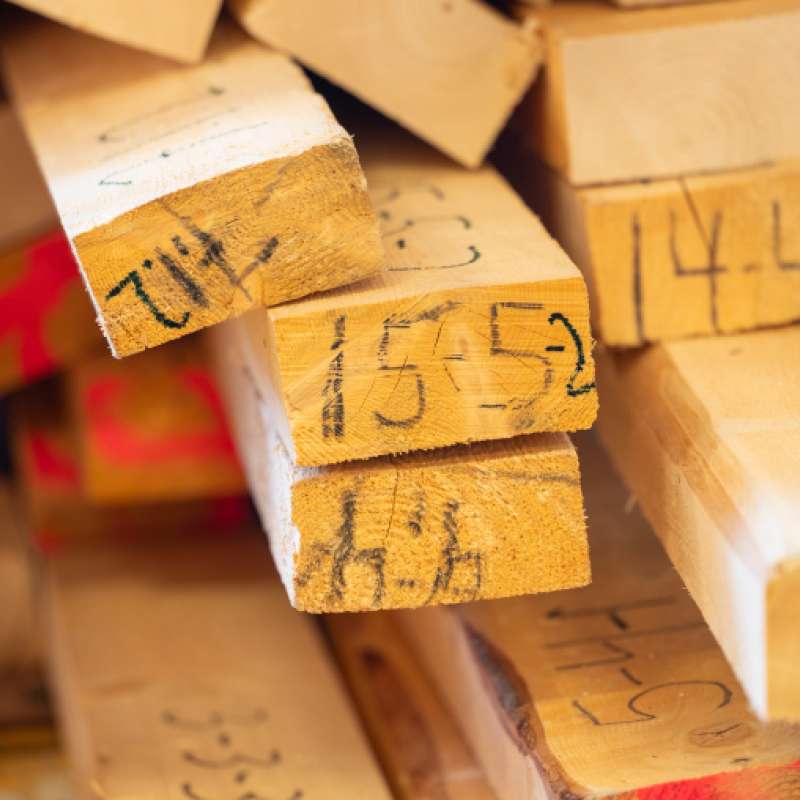Nhat Strøm-Andersen
Forsker
(+47) 940 56 442
nhat.strom-andersen@nibio.no
Sted
Ås - Bygg O43
Besøksadresse
Oluf Thesens vei 43, 1433 Ås (Varelevering: Elizabeth Stephansens vei 21)
Biografi
Nhat tok sin doktorgrad ved TIK Senter for Teknologi, Innovasjon og Kultur, Universitetet i Oslo i 2020, og har en mastergrad i innovasjon og entreprenørskap fra Handelshøyskolen BI. Nhat har tverrfaglig bakgrunn i innovasjonsstudier, entreprenørskap, ledelsesstudier, styring, stakeholder-teori og omstillingslitteratur. Nhats erfaringer og forskningsinteresser er knyttet til bærekraftig omstilling i matsystemer og bærekraftparadokser, og hvordan organisasjoner responderer på kriser, f.eks., korona. Blant annet har Nhat studert ressurseffektivitet og systemiske utfordringer i store etablerte matbedrifter og atferd mot bærekraft og utnyttelse av matsvinn og biprodukter, og rollen av digitale teknologier.
-
Strøm-Andersen, N, Milford, A.B., Liu, X. 2024. “Sustainable Diets: Examining Policies Shaping the Development of Organic Food Production and Consumption in the Nordic Context”. In: Back to the future: Sustainable innovations for ethical food production and consumption. Wageningen Academic Publishers (forthcoming).
-
Forsberg, E.M., Corciolani, M., Szulecka, J., Strøm-Andersen, N. 2023. “Widening the scope of responsible innovation: food waste and the role of consumers.” Journal of Responsible Innovation, 10:1, 2243080. doi:10.1080/23299460.2023.2243080.
-
Strøm-Andersen, N. 2022. “Digital technologies and food waste reduction and prevention: benefits and challenges”. In: Bruce, D., Bruce, A. (eds) Transforming food systems: ethics, innovation and responsibility: 475–480. Wageningen Academic Publishers. doi: 10.3920/978-90-8686-939-8_74
-
Szulecka, J., Strøm-Andersen, N., Capodistrias, P. 2022. “Food (in)security in a Nordic Welfare State: The Impact of COVID-19 on the Activities of Oslo’s Food Bank”. In: Calabrò, F., Della Spina, L., Piñeira Mantiñán, M.J. (eds) New Metropolitan Perspectives. NMP 2022. Lecture Notes in Networks and Systems, vol 482. Springer, Cham. doi: 10.1007/978-3-031-06825-6_140
-
Szulecka, J. and Strøm-Andersen, N. 2021. “Norway’s Food Waste Reduction Governance: from industry self-regulation to governmental regulation?” Scandinavian Political Studies:1–24. doi: 10.1111/1467- 9477.12219.
-
Capodistrias, P., Szulecka, J., Corciolani, M., & Strøm-Andersen* (Corresponding author), N. 2021. “European food banks and COVID-19: The impact on food redistribution and innovation in times of crisis”. Socio-Economic Planning Sciences. doi: 10.1016/j.seps.2021.101187.
-
Strøm-Andersen, N. 2020. “Innovation and by-product valorization: A comparative analysis of the absorptive capacity of food processing firms”. Journal of Cleaner Production 253: 1–15. doi: 10.1016/j.jclepro.2019.119943.
-
Strøm-Andersen, N. 2020. “Incumbent firms in the transition toward the bioeconomy: Capabilities, strategies, and governance for by-product and waste valorization in the food processing industry”. Series of Ph.D. Dissertations submitted to the Faculty of Social Sciences, University of Oslo, No. 823. ISSN 1564-3991.
-
Gregg, J. S., Jürgens, J., Happel, M. K., Strøm-Andersen, N., Tanner, A. N., Bolwig, S., & Klitkou, A. 2020. “Valorization of bio-residuals in the food and forestry sectors in support of a circular bioeconomy: A review”. Journal of Cleaner Production, 267, 1–13. doi: 10.1016/j.jclepro.2020.122093
-
Strøm-Andersen, N. 2019. “Incumbents in the transition towards the bioeconomy: The role of dynamic capabilities and innovation strategies”. Sustainability 11 (18): 1–20. doi: 10.3390/su11185044.
-
Tanner, A. N., and Strøm-Andersen, N. 2019. “Meat processing and animal by-products: Industrial dynamics and institutional settings”. In From Waste to Value: Valorisation Pathways for Organic Waste Streams in Circular Bioeconomies, edited by A. Klitkou, et al., 127–144. Routledge.
-
Szulecka, J., Strøm-Andersen, N., Scordato, L., and Skrivervik, E. 2019. “Multi-level governance of food waste: Comparing Norway, Denmark and Sweden”. In From Waste to Value: Valorisation Pathways for Organic Waste Streams in Circular Bioeconomies, edited by A. Klitkou, et al., 253–271. Routledge.
-
Bolwig, S., Brekke, A., Strange, L., and Strøm-Andersen, N. 2019. “Valorisation of whey: A tale of two Nordic dairies.” In From Waste to Value: Valorisation Pathways for Organic Waste Streams in Circular Bioeconomies, edited by A. Klitkou, et al., 162–186. Routledge.
Sammendrag
Det er ikke registrert sammendrag
Sammendrag
Det er ikke registrert sammendrag
Sammendrag
Det er ikke registrert sammendrag

Divisjon for skog og utmark
Sirkulær bruk av tre for økt bærekraft og innovasjon (CircWOOD)
CircWOOD skal undersøke aspekter ved trebruk i den norske økonomien, med særlig vekt på ombruk av returtre i byggeprosjekter, og returtre som råstoff i dagens treindustri.

Divisjon for skog og utmark
Circular use of wood for increased sustainability and innovation (circWOOD)
circWOOD will investigate aspects of wood use in the Norwegian economy, with particular emphasis on the reuse of wood in construction projects, and recycled wood as raw material in today's wood industry.

Divisjon for skog og utmark
WoodStock
EU-prosjektet WoodStock utvikler klimavennlige løsninger for å øke bruken av underutnyttet trevirke i den europeiske byggesektoren.
.jpg?quality=60)
Divisjon for matproduksjon og samfunn
Cultivating sustainable changes in livestock feed production and feeding practices (Feed&Feeding)
The project will evaluate various strategies for feed production and feeding practices to enhance the sustainability of Norway's food system and support national agricultural policy goals. These strategies include adjusting livestock diets, improving breeding and animal health, and introducing new protein sources for feed. The project will assess environmental impacts, such as land use changes, greenhouse gas emissions, soil carbon levels, nutrient balances, and biodiversity, as well as socioeconomic impacts, including food security, economic and social sustainability, and the viability of rural communities.

Divisjon for matproduksjon og samfunn
JordbærSmak: En optimalisert moderne produksjonsteknologi for mer smakfulle norske jordbær
Det er et mål å øke produksjonen i den norske grøntsektoren, inkludert jordbær, med inntil 50 prosent de kommende 15 årene. For å oppnå dette må dyrkingssesongen utvides, men da trengs en mye bedre kunnskap om hvordan man kan påvirke planteveksten og ta i bruk teknologi for å overvåke og beskytte plantene, uten at det går utover kvalitet og smak.
